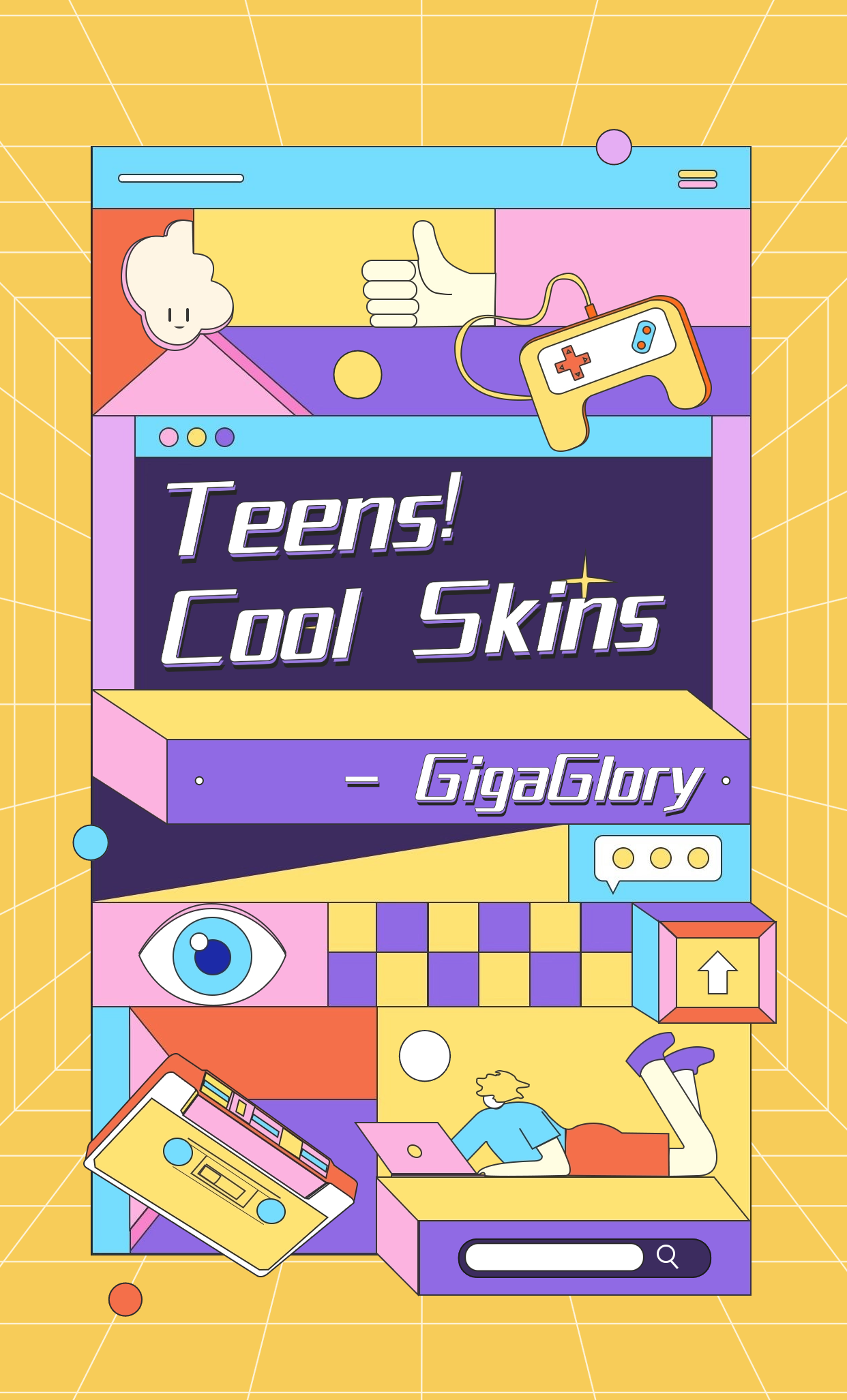Why Casual Indie Games are Revolutionizing the Gaming Experience
Casual games have long been underestimated in the gaming industry. However, indie developers are changing the narrative and revolutionizing our experience. This article delves deep into the world of casual indie games, the shift in gaming preferences, and their impact on players.
The Rise of Casual Indie Games
Over the past decade, the gaming landscape has seen an influx of casual indie games. These games, known for their accessibility and easy gameplay mechanics, cater to a broader audience. Unlike traditional games that can be time-consuming, these offer quick, engaging experiences for players.
Why Indie Developers are Key Players
Indie developers are at the forefront of this transformation. With less pressure from big publishers, they can take creative risks that larger companies often shy away from. This freedom encourages innovation, leading to fresh gameplay mechanics and unique storytelling approaches.
Understanding the Appeal of Casual Games
What makes casual games so appealing? Here are key aspects:
- Simplicity: Casual games are easy to learn and play.
- Short Play Sessions: They fit easily into busy lives.
- Social Interaction: Many casual games promote social play, enhancing community engagement.
Games That Defined the Genre
Some notable titles in the casual indie games scene include:
| Game Title | Developer | Release Year | Platform |
|---|---|---|---|
| Stardew Valley | ConcernedApe | 2016 | PC, Switch, Mobile |
| Celeste | Maddy Makes Games | 2018 | PC, Switch, PS4 |
| Untitled Goose Game | House House | 2019 | PC, Switch, PS4 |
The Role of Community in Indie Games
Community support is vital for casual indie games. Players often contribute feedback, share insights, and even help in bug-testing. Such active community involvement fosters a sense of ownership among players, making them feel integral to the game's success.
Casual Indie Games vs. Traditional Games
How do casual indie games stack against traditional gaming experiences? Here are some comparisons:
- Accessibility: Casual games tend to have lower barriers to entry.
- Complexity: Traditional games generally offer deeper mechanics and narratives.
- Investment: Most casual games require less time commitment than traditional games.
Impact on Mental Health
Casual gaming, specifically through indie channels, promotes relaxation and stress relief. Players can escape the pressures of daily life, immersing themselves in calming environments and engaging gameplay. Studies show that gaming can improve mood and enhance cognitive functions.
Platform Influence: Where to Play?
The rise of platforms like Steam has significantly impacted the success of indie games. Steam, in particular, offers indie developers a stage to reach a global audience without the constraints of traditional retail environments. The growing interest in RPG games on Steam also indicates a demand for casual titles that can offer depth without overwhelming players.
The Role of Social Media in Promotion
Social media platforms have become instrumental in promoting **casual indie games**. Through platforms like Twitter, Reddit, and Discord, indie developers can connect with their audience, share updates, and create buzz around their games. Community-driven marketing has proven to be highly effective, often leading to viral success stories.
Future Trends in Casual Indie Gaming
As we look towards the future, several trends are shaping the development of casual indie games:
- Increased VR Integration: More games are beginning to explore VR technology.
- Cross-Platform Play: Games that can be played on multiple devices offer greater accessibility and engagement.
- Focus on Narrative: Players are becoming more interested in storytelling, even in casual titles.
Conclusion
The casual indie game revolution is redefining the gaming experience, making it more inclusive and engaging for diverse audiences. The creativity and ingenuity of indie developers pave the way for innovative gameplay and storytelling that resonate with players. As we embrace these changes, we can look forward to an exciting and dynamic future in gaming, one where casual experiences have equal footing with more traditional approaches.



